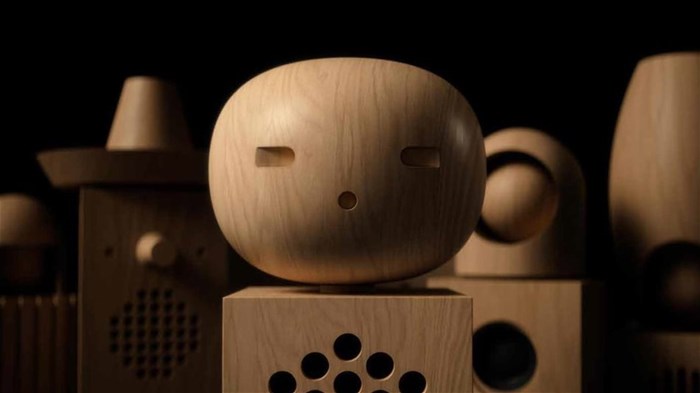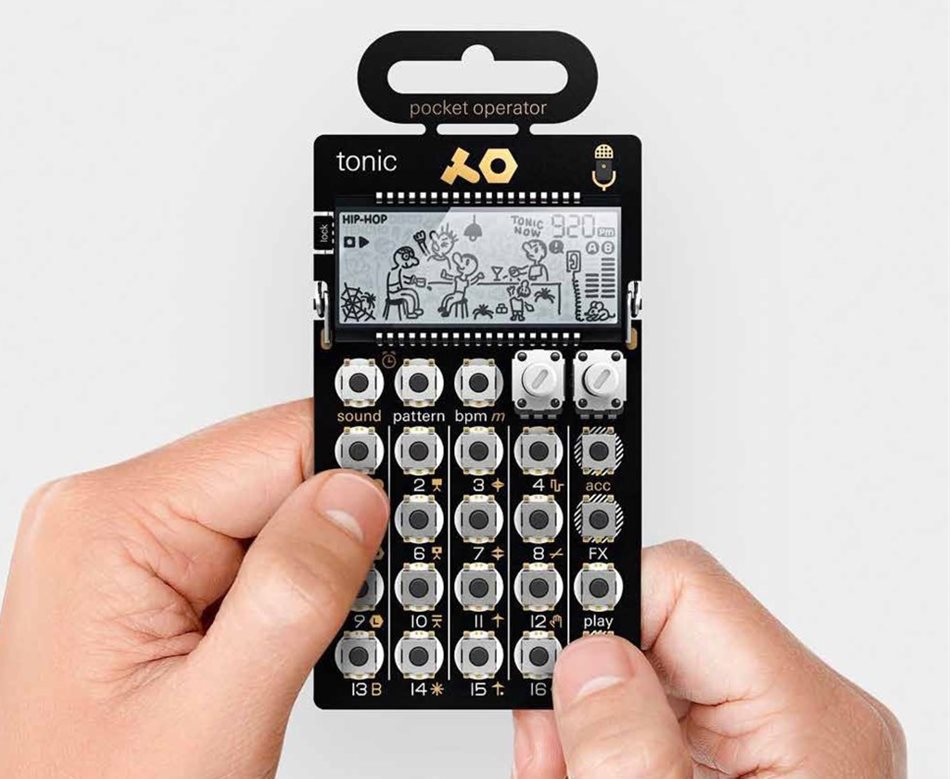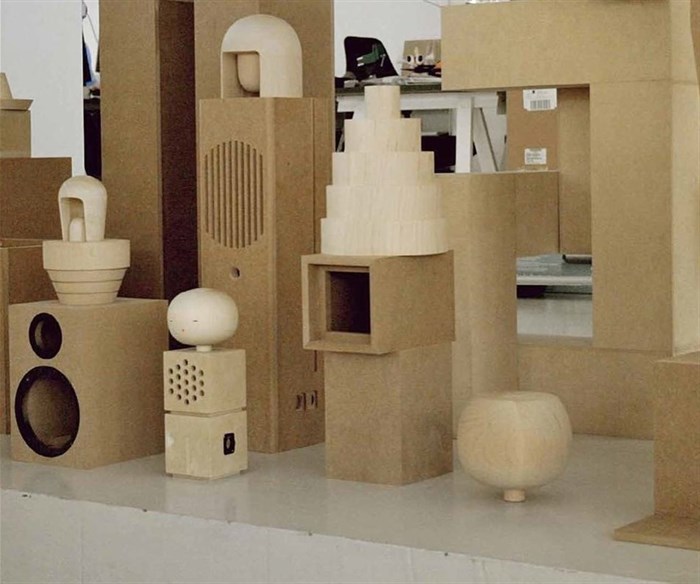
Top stories






More news

















Logistics & Transport
Uganda plans new rail link to Tanzania for mineral export boost








In the 10th instalment of our annual ‘Challengers to Watch’ feature, we identify 20 rising companies from around the world and explore the broader trends, opportunities and threats to the status quo they represent.
Our roundup covers an expansive range of categories, markets and geographies, but all these companies share a firm rejection of ‘best practice’ and an understanding of the imperative to make their own rules.

It’s not ‘Scandinavian design’, not just a ‘synthesizer company’, and it shouldn’t be lumped in with the algorithmic or post-Apple strains of minimalism that have been en vogue — with hollow-feeling less for the sake of less.
So, what is it? Perhaps the best summation is its design philosophy: Instant Fun.
First, Instant. Teenage Engineering’s products tend to challenge the relatively high bars for resources or expertise that would typically define their categories — instead, offering something a wider range of folks can access and use immediately. Take the OP-1, the synthesizer they made their bones on. It was created in response to both the overcomplicated, overly-expensive analog synths of the day and to the endless, overwhelming options presented by programs like Pro Tools.
It’s a small, portable synth powerful enough for pros but intuitive enough for amateurs — and one that intentionally embraces limitations to get musicians out of their heads and into flow more quickly. That last bit reflects a belief that animates Teenage Engineering: the view that constraints are forces for creativity and focus - both for consumers and the Teenage Engineers themselves. Arguably the best example of this is their Pocket Operator series, created to get better tools in the hands of more people in a category defined by substantial price points.

To accomplish this, they flipped the usual way of working. Instead of building a product and then pricing it, they used price as the defining constraint for the design process — essentially asking, ‘what’s the best $59 synthesizer we can offer?’ In answering that, they got creative: they sourced a central processor from an older model of thermostats, built hooks necessary for in-store display into the circuit board to save on packaging costs, offered the case via 3D printing instead of including it off-the-rack, etc. The result is one of the best-selling synthesizers in history.
Next, Fun. Somewhere along the way, the modern day consumer electronics sector became a mostly sterile, soulless hellscape — a devolution Teenage Engineering seems purpose-built to remedy.
The Pocket Operator isn’t just a synthesizer — it’s also a game you can play by making music, with graphics inspired by Nintendo’s Game & Watch series. Later generations featured visuals designed by the 9-year-old daughter of one of the founders and, most recently, partnerships with Capcom and Adult Swim to borrow characters and sounds from properties like Street Fighter and Rick and Morty.
The most recent electronics on their roadmap included ‘the Choir’ — a series of 8 wooden dolls, each with their own name, backstory and voice, that could be used individually or together to ‘sing’ music — and a portable bright-orange and white machine that allows you to create your own vinyl records.

Even their more mundane offerings have an undercurrent of mischief. The OB-4 seems to be just a bluetooth / FM boombox, but a closer look at its feature list reveals a digital ‘tape’ loop that allows you to rewind and pitch up or down anything you’ve played in the last few hours. After a relatively straightforward IKEA partnership, they released a series of free 3D-printable add-ons including attachable chicken legs and cannon wheels.
And it’s not just their products: past marketing efforts included creating (and touring) a band of musicians playing Teenage Engineering instruments and founding a record label that only releases songs created using their products.
Despite all that and nearly 17 years in, Teenage Engineering’s most interesting days are ahead of it. The last two years have seen it formally broaden its remit from ‘sound’ to the wider world of consumer electronics and, in doing so, both take on its first round of VC funding (led by Reddit co-founder Alexis Ohanian’s firm) and enter into the most substantial partnership of its history — one that sees several top Teenage Engineering executives take on additional titles at tech challenger Nothing.